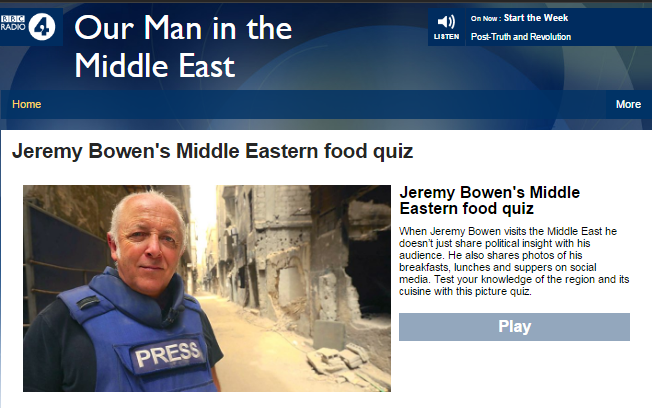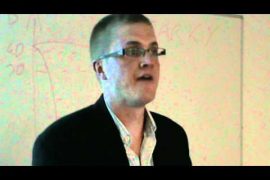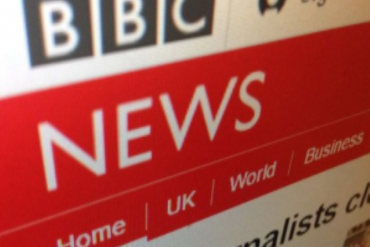1) Dr Jonathan Spyer analyses the resumption of protests in Lebanon.
“One of the immediate effects of Covid-19 on the Middle East has been to clear the streets of the mass demonstrations which had filled the public squares of a number of regional capitals in the preceding months. The virus has no political preferences, and its generalized assault has led to cooperation in some arenas between bitter rivals.
In certain Middle East countries, however, the virus has provided a boon for authoritarian regimes. Specifically, Iran, Iraq and Lebanon had all witnessed widespread protests against economic mis-management and corruption in the first months of 2020. In Iran, brute force dispersed the demonstrations. In Iraq and Lebanon, the virus brought them to an abrupt end.
In Lebanon, however, the demonstrations have now re-commenced. And there are strong indications that policies enacted as a result of the virus are now exacerbating, rather than containing public anger.”
2) At WINEP Assaf Orion discusses the latest report on the implementation of UN Security Council resolution 1701.
“Careful reading reveals two differing voices in the March report. One voice dwells more on the country’s economic-political crisis than on Resolution 1701’s focal point: namely, the military-security situation in the south, the area of operations where the UN Interim Force in Lebanon (UNIFIL) is tasked with monitoring implementation of a resolution intended to restore state control along the frontier. This voice also uses ambiguity to sidestep inconvenient realities and difficult policy decisions. Despite all evidence to the contrary—including within its own pages—the report falsely contends that “UNIFIL continued to assist the Lebanese Armed Forces (LAF) in establishing an area between the Blue Line and the Litani River free of unauthorized armed personnel, assets, and weapons.” One can safely assume that this voice represents the UN’s political-diplomatic echelons in Beirut and New York.
The second voice, probably emanating from UNIFIL’s military leadership, focuses on fact-based accounts of operational incidents in the south. This is especially evident in the report’s Annex I, which details the various ways in which Hezbollah and its partners have illegally restricted UNIFIL’s freedom of movement. Thirteen incidents are detailed in which Lebanese “civilians,” some of them armed, blocked UNIFIL patrols, took their electronic gear and documents, and otherwise thwarted their missions between November and February—meaning that nothing was been done to improve the situation after fourteen such incidents were detailed in the November report.”
3) The INSS has published a report titled ‘When an Old Disease Meets a New Disease: Antisemitism and Delegitimization of Israel in the COVID-19 Era’.
“…recent months have been marked by serious restrictions on activity in the physical public sphere, with much activity diverted to the virtual realm. This unusual situation has affected how antisemitic ideas are disseminated and the intensity with which they are received in a number of ways. First, the online realm enables antisemitic expressions, memes, and video clips that in the past reached a relatively limited audience, to reach larger and new audiences through virtual networks, even long after they were first produced and distributed. Second, there has been a marked increase in the brazenness of those distributing antisemitic messages, who promote their ideas not only in marginal forums of extremist groups that champion white supremacist ideology, but also on mainstream websites and social networks such as Twitter, Facebook, and Instagram, which particularly during the coronavirus crisis enjoy increased popularity.”
4) ELNET has an interesting video briefing with Khaled Abu Toameh discussing Palestinian-Israeli cooperation on Covid-19 and additional topics.




